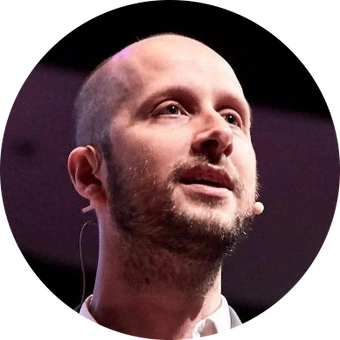Research Engineer II

Microsoft
Research Engineer II
Redmond, Washington, United States
Save
Overview
We are looking for Research Engineer II to join our team!
In the Power Apps Studio team, we are creating a new generation of low-code/no-code app development in the AI Era. Our goal is to make app building easy, fun and collaborative exercises that delight app makers with AI assisting users in every step in their journey. The Studio framework empowers developers define their requirements, data model, build User Interface, define logic, tests, deploy and monitor the app in production. We are researching and exploring solutions to leverage AI at every step of the app development process.
We are a highly collaborative group, and everyone's ideas and contributions count. As an Research Engineer on the team, you will be responsible for conducting applied research that solves real world problems with building apps and solutions. Successful candidates will collaborate with cross-functional teams to influence product design and technical architecture, maintain end to end lifecycle of AI/ML solutions and operate Copilot features in production. We operate in an agile, data-driven and fast-paced environment, where engineers and scientists are empowered to innovate and take ideas from concept to scale.
This is an exciting time to join Power Apps where we are rebuilding the platform with Copilot first experiences. We aim to build the state-of-the-art solutions for building apps and simplifying development processes. This is a great opportunity to work on challenging problems in the App Development space which will revolutionize the industry.
Microsoft’s mission is to empower every person and every organization on the planet to achieve more. As employees we come together with a growth mindset, innovate to empower others, and collaborate to realize our shared goals. Each day we build on our values of respect, integrity, and accountability to create a culture of inclusion where everyone can thrive at work and beyond.
Qualifications
- Bachelor's Degree in Computer Science, or Machine Learning or related technical field AND 2+ years technical engineering experience with coding in languages including, but not limited to, C, C++, C#, Java, JavaScript, or Python
- OR equivalent experience.
- 1+ years experience working with LLM (Large Language Model) and Prompt Engineering.
Other Requirements:Ability to meet Microsoft, customer and/or government security screening requirements are required for this role. These requirements include but are not limited to the following specialized security screenings:
- Microsoft Cloud Background Check: This position will be required to pass the Microsoft Cloud background check upon hire/transfer and every two years thereafter.
- Experience working on successful applied research projects in industry environments .
- Experience programming with Python, Typescript, C# (any) is preferred.
- An applicant with the following skills or relevant experience would be a plus:
- Applications of Foundation Models, Domain Adaptation of Foundation Models (e.g. fine-tuning LLMs/SLMs
- Vision, Audio, and Multimodal Foundation Models
- Agentic Systems
- Prompt Tuning
- Natural Language Processing
- Human-AI Interaction
Applied Sciences IC3 - The typical base pay range for this role across the U.S. is USD $100,600 - $199,000 per year. There is a different range applicable to specific work locations, within the San Francisco Bay area and New York City metropolitan area, and the base pay range for this role in those locations is USD $131,400 - $215,400 per year.
Certain roles may be eligible for benefits and other compensation. Find additional benefits and pay information here: https://careers.microsoft.com/us/en/us-corporate-pay
Microsoft will accept applications for the role until November3, 2025.
#BICJOBS
Responsibilities
- Conduct applied research to develop innovative AI and machine learning models that address real-world challenges.
- Develop end-to-end lifecycle of machine learning models, from prototyping and implementation to evaluation, deployment, and monitoring.
- Create and adapt novel training and fine-tuning algorithms for language models.
- Bring research projects to successful completion yielding new algorithms, prototypes, theories, tools, methods, analyses, insights, or collections of data which solve one or more open research problems.
- Document and share best practices across the organization.
- Stay up-to-date with the latest advancements in AI and machine learning, and apply new techniques to solve complex problems.
